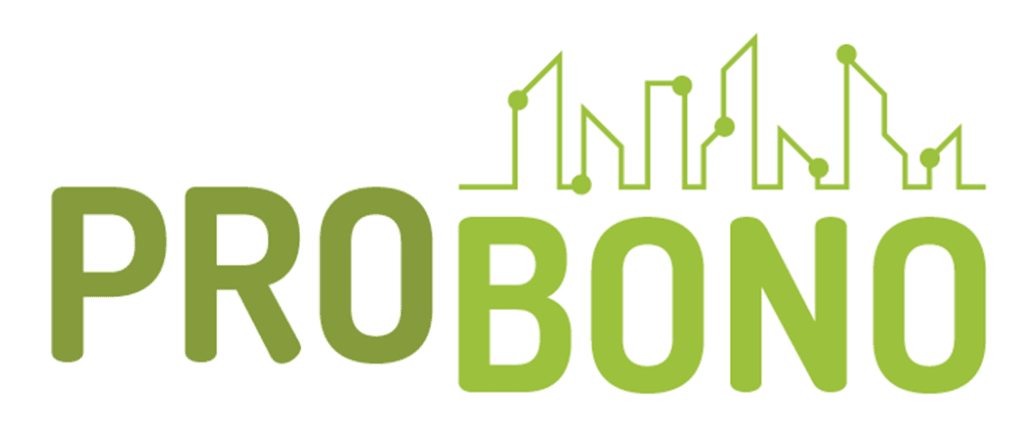The PROBONO project (The Integrator-centric approach for realising innovative energy efficient buildings in connected sustainable green neighbourhoods) was selected among 115 project proposals for the Horizon 2020 Framework Programme call LC-GD-4-1-2020: Building and renovating in an energy and resource efficient way. The project will officially start the 1st of January 2022!

The ambition for sustainable and green buildings across Europe has encountered a number of barriers (e.g., as related to high upfront construction costs, access to capital, social attitudes, lack of information, experience and incentives). To answer the challenges related to the green building market, the Horizon 2020 PROBONO project envisions a people-focused European construction industry working in harmony with the broader community of stakeholders. Here, public authorities and citizens are involved with the purpose to deliver scalable, sustainable, and viable energy positive and zero-carbon green buildings and neighbourhoods.
The project’s ambition is to provide validated solutions for the design, construction, and operation of new and/or retrofitted zero-pollution and positive energy buildings as part of sustainable green neighbourhood developments. The type of neighbourhoods will be piloted across six EU states where the PROBONO living labs will be established.
The living labs will be linked to business and municipality greening plans. More specifically, the six PROBONO living labs will include two municipality driven large-scale demonstrators (Madrid and Dublin) and four living labs representing business/owner promoters of the green buildings and neighbourhoods’ transition (Porto, Brussels, Aarhus, Prague).
To achieve its goal, PROBONO will provide five transition acceleration enablers, as related to:
- strategic planning
- social engagement and innovation support
- green energy
- construction and renovation
- digitalisation for data-driven investment process and resource optimisation
Integratively utilizing on those enablers and deploying them across six high impact and people-focused real-life large-scale living labs, PROBONO will show how technological and social innovations related to green buildings and neighbourhoods can be applied.
Having a systems-based approach to the buildings’ infrastructure and a renewed focus on people and sustainability, the project will fully exploit digitalisation and smart technologies for the benefit of society. Finally, to enhance wide-scale adoption and standard creation, PROBONO will contribute with evidence-based policy recommendations, standardisation actions, and robust adoption and commercialisation strategies.
Smart Innovation Norway’s role in the project
Smart Innovation Norway is responsible for the communication and dissemination activities within the project. As a research organization with own Communication and Visualisation department the company has rich experience in both carrying high-quality communication and dissemination activities in a professional manner and performing innovative research activities in the energy and buildings field.
Smart Innovation Norway’s ambition within the PROBONO project is to raise awareness about the project achievements and facilitate the uptake of its findings as part of an integrated project strategy to maximise impact. Further, the company’s goal refers to spreading the word and bringing acceptance for innovations that can help European neighbourhoods become a better and more environmentally friendly place for living. The project’s scope is fully in line with the Smart Innovation Norway’s main purpose to practice independent, applied research within the fields of renewable energy and information technology and will contribute to a stronger position for SIN as a research organisation – both nationally and internationally.
The project involved 47 partners from 15 different countries, for a 5-years project duration (2021-2026). Its total budget is EUR 25.252.011 and will receive a funding from the EU of EUR 20.158.449.

This project receives funding from the European Union’s Horizon 2020 Research and Innovation programme under Grant Agreement No 101037075.
The information and views set out in this press release are those of the author(s) and do not necessarily reflect the official opinion of the European Union. Neither the European Union institutions and bodies nor any person acting on their behalf may be held responsible for the use which may be made of the information contained therein.

